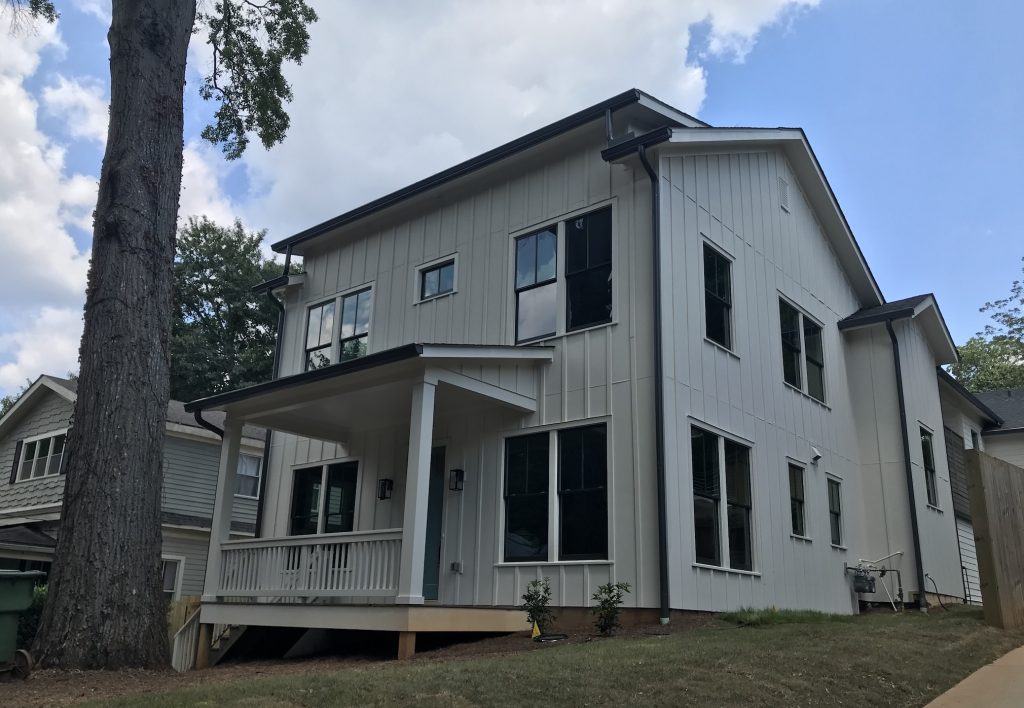Environment
Short Takes
Georgia’s new data center rule increases local controlDecember 1, 2025

By David Pendered
Feb. 12 – Allowing more homes to be built on land once zoned for single-family detached houses benefits the wealthy and educated, while homes of existing residents lose value, according to a paper released by scholars with Wharton business school and Princeton University.
The paper could provide guidance in Decatur. The City Commission approved Feb. 6 a rezoning plan that allows quadruplexes to be built on land now reserved for single-family houses. The Planning Commission in October 2022 had recommended denial after hearing from residents who opposed the proposal, who said they fear investors will exploit the situation. Residents who favored the plan said it will increase diversity.
Three take-away findings in the paper, “Estimating the Economic Value of Zoning Reform,” are that developers raced to build more dwellings in areas rezoned for greater density, and existing residents lost home value while the wealthy newcomers benefitted. From the conclusion of the paper:
The paper, released in 2021, evaluated a 2016 rezoning reform in Sãn Paulo, Brazil. The city served as a case study because it had rezoned at the city-block level to allow for greater density, according to the authors from Wharton, Santosh Anagol and Fernando Ferreira, and Jona Rexer of Princeton.
Some Decatur residents cited concerns similar to those raised in the paper during the city’s recent debate over allowing quadiplexes to be built in neighborhoods zoned for single-family houses.
The Decatur City Commission on Feb. 6 voted unanimously for the rezoning proposal. The Planning Commission had voted Oct. 11, 2022 to issue a non-binding recommendation the commission deny the proposal and revise it to reflect residents’ concerns.
One common issue in the Decatur debate and the academic paper involves the notion of the affluent making money from the denser development, while existing residents are left to manage woes related to density, such as traffic congestion.
More than 40 residents spoke, many of them in opposition, according to minutes of the Planning Commission’s meeting in October 2022. Comments included supporters who said density would lead to greater diversity, and opponents who questioned design standards for structures built by investors who are likely to be absentee landlords. Here are four representative remarks:
In favor
Opposed
Towns and cities across the country, and the world, are grappling with the question of how to house the planet’s growing population.
One approach is the one Decatur’s City Commission adopted: changing zoning codes to allow more than one house to be built on land currently zoned for one single-family house.

0